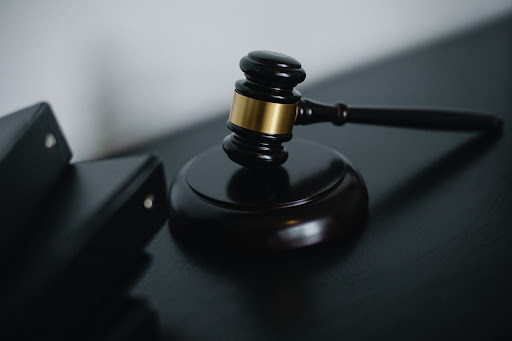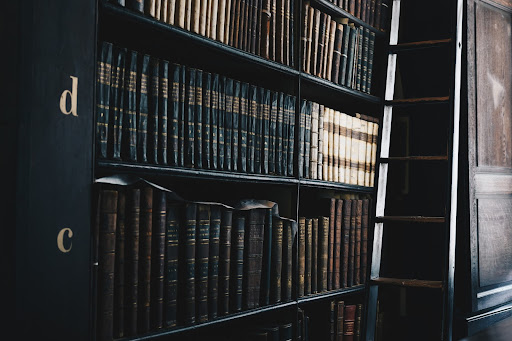While the desired aim is usually to settle the disagreement, in reality, this frequently requires a period of investigating the facts and evaluating the strength of each other’s legal case. If the opposing party refuses to settle on terms acceptable to the client, the only option may be to go to trial.
A competent litigation lawyer must be able to communicate and negotiate effectively. The capacity to provide a compelling legal argument in support of the client’s position, on the other hand, is crucial.
While a litigant’s lawyer has various responsibilities according to their client’s status, the procedure for both parties is the same.
The job of a litigation lawyer is split into seven parts:
- Investigation
- Pleadings
- Discovery
- Mediation
- Pre-trial motions
- Trial
- Appeal
Investigation
When a client comes through the door, a lawyer begins by attentively listening to understand the client’s position. A lawyer’s knowledge and expertise allow them to swiftly determine whether or not a client’s legal status is solid. In increasingly complicated cases, the lawyer will need to do an extra factual investigation and legal study to advise the client on the best course of action adequately.
The investigation step will almost include a thorough examination of the client’s papers, such as any applicable contracts. In addition, it may be necessary to contact an expert in the appropriate area on occasion; for example, if the case involves a construction dispute, the lawyer may want to talk with a civil engineer, who may subsequently become an expert witness in the case.
A litigation lawyer will frequently need to perform legal research and analysis at the investigative and factual investigations. A realistic assessment of the client’s legal position is essential to properly advise the client about the course of action most likely to achieve the client’s objective.
The early phases of litigation are crucial in many ways because they define and shape any subsequent litigation. Thus, the more information a lawyer knows initially, the better the lawyer can develop a plan to defend the client’s interests best.
Scientists use microscopes, and physicians use stethoscopes, but a lawyer’s primary tools are a pen and paper—or, to be more precise, a keyboard and word-processing software.
One of the first duties of a litigation lawyer is to write the first ‘pleadings’ in the lawsuit: that is, the written complaint that starts the action (if the client is the plaintiff) and the defendant’s written response to the complaint (if the client is the defendant). But, as previously said, before this can be done, the lawyer must undertake a thorough inquiry into the facts and sufficient legal study to allow the lawyer to create an overall strategy for the lawsuit. Litigation without a plan is like a ship without a rudder.
Early pleadings are vital because they often define and restrict the kinds of arguments that the lawyer may submit to the court later in the case. For example, if a plaintiff’s written complaint omits a specific legal claim, the plaintiff’s counsel may be unable to bring that claim later in the proceedings. Similarly, if a defendant’s response fails to establish a specific legal argument, the defence counsel may be prohibited from ever presenting that defence again. Because these first court files may restrict the scope of the parties’ subsequent contentions, a thorough legal study is required before submitting the pleadings.
There is an element of art to writing pleadings, mainly since both parties may be unaware of specific facts; that is, the defendant may know information that the plaintiff does not, and vice versa. It takes skill to write a pleading that is detailed enough to satisfy the court while still allowing room for the case to take unexpected twists and turns.
Filing a complaint or answering a complaint does not give a litigant unlimited permission to amend their original complaint once it has been filed. Therefore, litigation lawyers put a great deal of strategic thought and consideration into preparing and filing pleadings, such as a written complaint or an answer to a complaint.
Discovery
During the discovery stage of a case, each party is obliged to turn over relevant documents and respond to questions asked by other parties. The primary goal of this required information exchange is to allow each party to acquire a complete knowledge of the underlying facts.
Drafting discovery requests takes considerable expertise, particularly since the lawyer understands that an opposing party in a case would be hesitant to reveal facts that might jeopardize its prospects of victory. As a result, the lawyer must submit discovery requests that leave no opportunity for wriggle room.
If a party refuses to give over papers or answer specific questions, the court has the authority to punish the party, including stating that the party has lost the case.
Responding to discovery requests also requires legal expertise. However, no lawyer wants to jeopardize a client’s prospects of winning the lawsuit; therefore, attorneys write responses that give the bare minimum required to fulfill the client’s legal obligation to provide information.
If a party’s replies to discovery requests are overly vague or otherwise inadequate, the opposing party may petition the court to compel more comprehensive responses, with harsh penalties imposed for disobedience. Lawyers for the parties in a case often fight vehemently over which papers must be handed over and which questions must be addressed.





